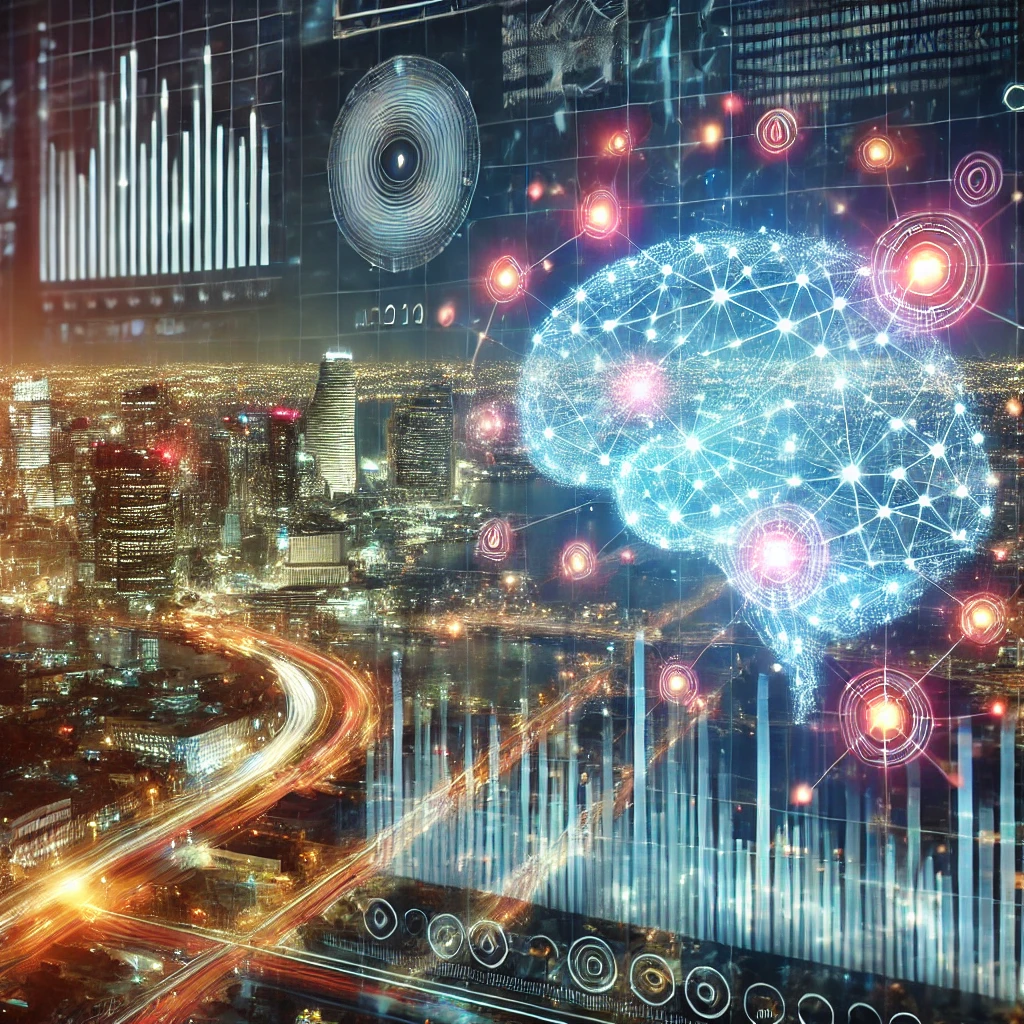Artificial Intelligence isn’t just a technical breakthrough—it’s a societal one.
From hiring to healthcare to content creation, AI systems are making decisions that affect lives, reputations, and livelihoods. That makes ethics not an afterthought—but a requirement.
And while the field of AI ethics can get complicated fast, most of it boils down to three core questions: Bias, Accountability, and Transparency.
Let’s break those down—without the jargon.
1. Bias: Is the AI fair—or just repeating old patterns faster?
AI systems learn from data. That data comes from the real world. And the real world isn’t always fair.
One of the most cited examples? Amazon’s internal hiring algorithm, which was trained on 10 years of historical resume data. Unfortunately, most of that data reflected a male-dominated tech industry. So the model learned—accurately but problematically—that male applicants were more likely to be hired. It started downgrading resumes that included terms like “women’s chess club” or all-women’s colleges.
No one programmed it to be sexist. But it learned bias from the past—and scaled it into the future.
That’s the core issue: AI doesn’t invent bias. It amplifies it.
And unless we actively design for fairness, we risk turning old inequalities into automated policies.
2. Accountability: Who takes the blame when AI goes wrong?
AI isn’t magic—it’s code. And when it fails, someone needs to answer for it. But who?
Consider autonomous vehicles. In 2018, a self-driving Uber test vehicle struck and killed a pedestrian in Arizona. The system failed to identify the person in time. A human safety driver was in the car, but not actively steering. So who was responsible? The driver? Uber? The developers of the perception algorithm?
This case—and others like it—highlight a growing gap between technical failure and legal accountability.
We don’t yet have clear standards for liability when AI is in the loop. That creates risk—not just for companies, but for the public. Because systems without accountability invite corner-cutting, denial, and silence when something breaks.
If AI is going to make decisions with real-world consequences, we need a real chain of responsibility.
3. Transparency: Should you know when AI is talking to you?
AI systems are getting better at blending in. Chatbots can mimic human support agents. Deepfake videos can simulate people saying things they never said. Generated text can sound remarkably like a real person.
So here’s the ethical question: Should AI disclose itself?
If you’re chatting with a bot, should you be told? If a video is AI-generated, should that be labeled? If a job applicant’s resume was screened by a model instead of a person, should they know?
Transparency isn’t about spoiling the illusion. It’s about informed consent.
People deserve to know when they’re interacting with a machine—not because the machine is bad, but because the human has the right to context.
The more AI blends in, the more important this becomes.
Opacity isn’t just confusing—it erodes trust.
Final Thought: Ask Better Questions
Ethics in AI isn’t about finding perfect answers. It’s about refusing to ignore the hard stuff.
Bias, accountability, and transparency aren’t “nice-to-have” features—they’re the foundation for building systems that we can actually live with.
We don’t just need smarter AI.
We need clearer rules.
And that starts by asking better questions.

